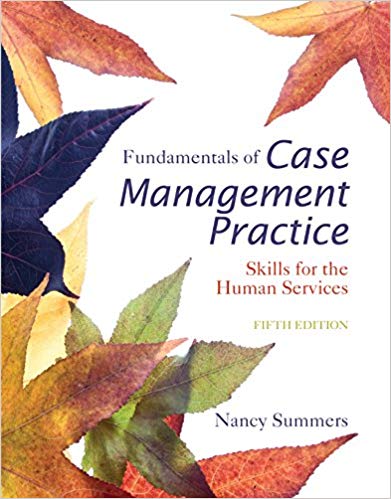Jim is doing an intake with a man who claims he is depressed. He tells Jim that
Question:
Jim is doing an intake with a man who claims he is depressed. He tells Jim that ever since his wife left he has had trouble concentrating and waking up in the morning. He talks about how lonely it is at home, how much he misses his children, how he is tempted to drink in the evenings, and how little he has to look forward to. Jim nods. He understands. “Yes, my wife left last month too,” Jim tells the man. “I know just what you mean. I get to feeling like, well, like there isn’t as much meaning. I never knew the kids were so important to me, but I guess they were. On Saturdays, I used to do things with my son and I still get him every other weekend, but it’s not quite the same thing, is it?” “No,” the man responds, “I was thinking . . .” Jim interrupts the man to say, “Well, I do a lot of thinking too. I think about what I could have done differently and if it was my fault. Don’t you think these women would see that it’s hard, too hard I think, to raise kids alone?” The conversation continues in this vein until the end of the interview.
The above hypothetical practice situations are designed to help you apply what you have learned in this chapter. For each situation, decide what was done in the situation that was unethical.
Step by Step Answer:

Fundamentals of Case Management Practice Skills for the Human Services
ISBN: 978-1305094765
5th edition
Authors: Nancy Summers





